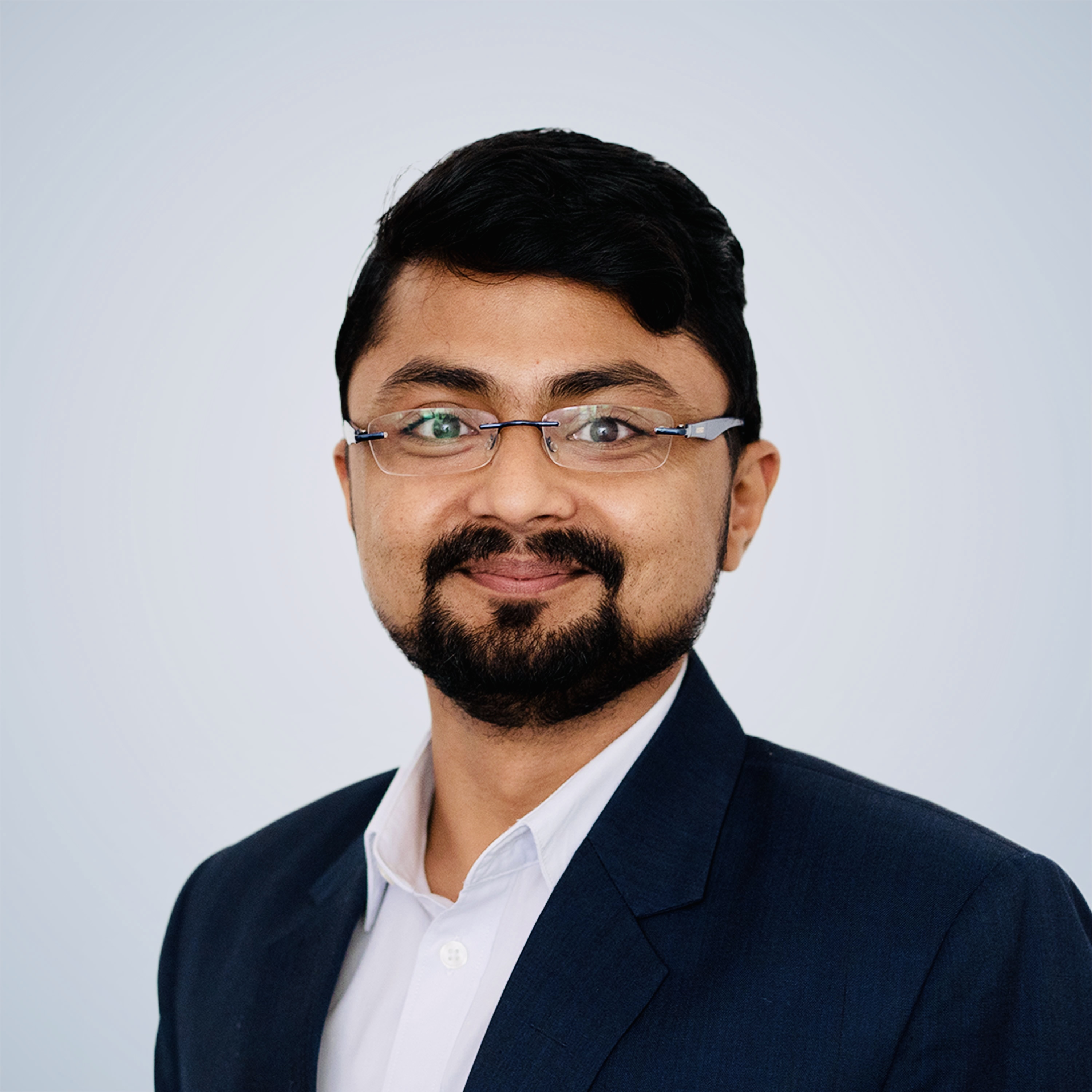- Mareike Deggelmann
- 26.01.26
- 3 min
- Funding advice, Agrifood, Bioeconomy
Your contact person
Shashank Goyal
Currently, the majority of control methods that are used to measure the quality of manufacturing processes are based on destructive methods. These methods generate a lot of waste and reduce productivity, which makes businesses less competitive. Non-destructive inspection (NDI) methods are now available to address these issues. However, incorporating these technologies into manufacturing procedures is both costly and challenging. This was the intention behind the European ZDZW project.
The ZDZW project, with a budget of 11 million euros and a runtime of three years, is being led by the technology center IKERLAN with participation from EurA AG. Its goal is to improve the production efficiency and the sustainability of the European manufacturing industry.
It is a cutting-edge project that brings together 27 partners from ten countries. These partners come from both the scientific and business sectors of the European Union. The project's objective is to enhance industrial production with ‘zero defect’ and ‘zero waste’.
Advanced inspection technologies will be developed within the project's scope. Digitally enabled manufacturing processes are compatible with such advanced inspection technologies. ZDZW will, in particular, make use of techniques based on artificial intelligence to enhance the production process, with a primary focus on improving product quality control and monitoring. Digitally enabled non-destructive inspection services will be provided by ZDZW, with a focus on three key areas that span the entire manufacturing process and product lifecycle. According to Oscar Salgado, the project coordinator, "the project will improve the production efficiency and sustainability of the European industry".
"ZDZW technologies are anticipated to reduce greenhouse gas emissions from the production process and energy consumption by up to 12% in the case of thermoplastics. It would reduce welding repair costs by up to 15% in wind turbines. In the context of wind turbine maintenance, the costs for welding repairs could be reduced by up to 15 % in the future and defects could be detected at an early stage during production.
EurA supports the project by quantifying the ecological and economic impacts of the technologies that will be developed under ZDZW. The environmental impacts will be quantified using life cycle assessment (LCA) following DIN EN ISO 14040:2006 and DIN EN ISO 14044:2006 standards. In addition, we support the project partners in assessing social impacts and macro-economic effects through the implementation of the new technologies.
The ZDZW project has received funding from the European Union’s Horizon Europe programme under grant agreement No 101057404.
Interested in knowing more about the project? Feel free to get in touch with our experts.
Text: Shashank Goyal

Your contact person
Shashank Goyal
EurA AG
T- 079619256-0Max-Eyth-Straße 2
73479 Ellwangen
info@eura-ag.com